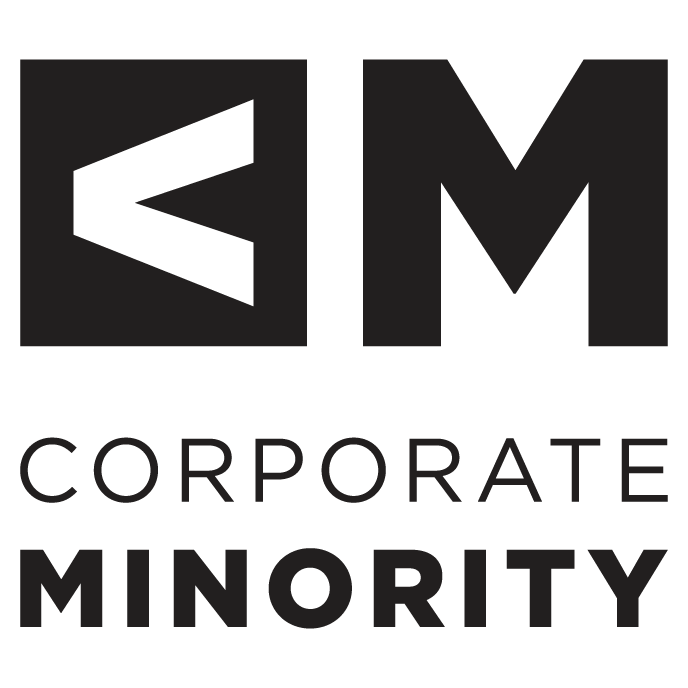Human Resources is a field in which people from various backgrounds can be successful. Human Resource professionals learn HR laws through reading and proper use of technology by training. Many of the skills necessary for success in HR are gained through experience. To excel as an HR Professional, build upon the skills needed to create a positive work environment for employees.
Adapting to Change
A day in the life of a Human Resources professional is never the same as the last. HR Professionals are expected to adapt quickly to change. Many organizations did not have a work from home policy pre-COVID. HR departments across the country scrambled to create a policy followed by guidelines to work from home. Another example of change is the implementation of an organization’s new HRIS system. In both situations, HR professionals quickly adapt, notify employees of the changes, and provide necessary training. An HR Professional’s role is not limited to adapting to change. Part of the role is to identify problems and propose solutions to create change in the workplace.
Identifying Problems and Proposing Solutions
Identifying problems is essential for success in Human Resources, especially in areas of recruitment and employee relations. A recruiter may notice that the organization’s application drop-off rate is high. A successful HR Professional will have the skill to identify whether the issue is with the application, job description, or other factors. After identifying the problem, an HR professional should think of two to three solutions to propose. Another example is the importance of identifying reasons for turnover. Exit interviews are only helpful if the interviewer actively listens when employees provide input. HR professionals should not wait until an employee resigns to identify issues in the workplace. Employees may decline to share their reasons for leaving due to fear of burning bridges. Other employees will share concerns throughout their employment. Actively listening to employee concerns whenever they are presented is a simple way to identify problems.
Connecting with Employees
Empathy is a soft skill that all HR professionals should have. Employees come to Human Resources with concerns regarding their co-workers, managers, opportunities for promotion, or more sensitive and private matters like their need to go on medical leave. Job stress piles onto the stresses of everyday life. Employees may contact the HR department out of frustration. An HR Professional should listen to understand concerns and respond with respect.
Organizing the Workday
Organizational skills are essential in many professions; Human Resources is no exception. To-do lists are helpful, but disruptions are inevitable. A phone call, an urgent email, or a surprise office visit often requires immediate attention. HR professionals need to organize a flexible schedule that accommodates the need to stop projects to address new tasks that arise throughout the day.
In Closing. The skills needed to excel as an HR professional are assets in every profession. Adapting to change, identifying problems, empathy, and remaining organized are skills that can be developed and refined over time. With the commitment to continuous learning, those with the desire to work in HR will excel





